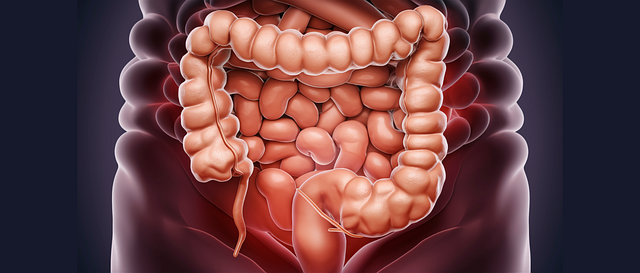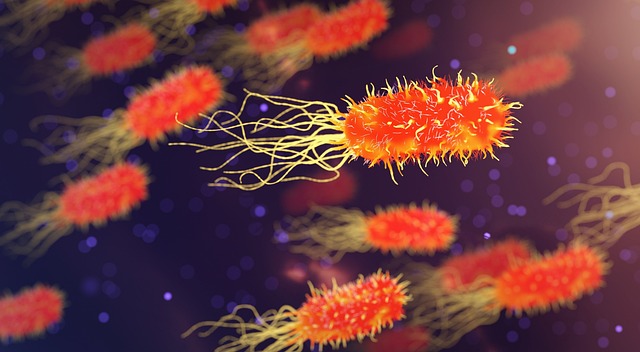In recent years, scientific research has uncovered a fascinating and complex ecosystem that exists within and upon us: the human microbiome. Comprising trillions of microorganisms — including bacteria, fungi, viruses, and protozoa — these microscopic inhabitants play critical roles in our digestion, immunity, and even mental health. The hidden world of microbiomes is now recognized as a key determinant of our overall well-being, reshaping how we understand health and disease.
What is the Human Microbiome?
The human microbiome refers to the collective genomes of all microorganisms that live symbiotically in and on our bodies. According to the Human Microbiome Project (HMP), initiated by the National Institutes of Health (NIH), these microbial populations are found in various niches: the gut, skin, mouth, respiratory tract, and urogenital tract.
Among these, the gut microbiome is the most densely populated and has been the focus of extensive research. It is estimated that the human gut alone harbors over 100 trillion microorganisms, outnumbering human cells by a ratio of approximately 1.3:1.
Microbiomes and Digestion: The Unsung Heroes
The role of the microbiome in digestion is paramount. Microbes in the gut help break down complex carbohydrates, fibers, and proteins that human enzymes cannot digest alone. In particular, bacteria from the genera Bacteroides and Firmicutes produce short-chain fatty acids (SCFAs) like butyrate, propionate, and acetate. These SCFAs serve as energy sources for colonocytes and have anti-inflammatory effects, promoting gut health.
Moreover, the gut microbiome contributes to the synthesis of essential vitamins, such as vitamin K and certain B vitamins, further highlighting its integral role in nutritional metabolism.

Immunity: The Microbiome as a Gatekeeper
The microbiome acts as a crucial modulator of the immune system. From birth, microbial exposure trains the immune system to distinguish between harmless and harmful organisms. Research published in Nature Reviews Immunology (Belkaid & Hand, 2014) underscores how the microbiome helps maintain immune homeostasis, preventing overreaction to benign stimuli that could lead to autoimmune diseases.
Commensal microbes also compete with pathogens for nutrients and space, a concept known as colonization resistance. By reinforcing the gut barrier and producing antimicrobial compounds, these beneficial bacteria act as a first line of defense against infections.
Interestingly, disruptions to the microbiome — often caused by antibiotics, poor diet, or stress — can lead to dysbiosis, a microbial imbalance associated with a range of inflammatory and autoimmune conditions, such as inflammatory bowel disease (IBD), allergies, and even type 1 diabetes.
The Gut-Brain Axis: Microbes and Mental Health
Perhaps one of the most intriguing discoveries in microbiome research is the gut-brain axis — the bidirectional communication network between the gastrointestinal tract and the central nervous system.
Studies have shown that gut microbes can influence brain function through several mechanisms:
Neurotransmitter production: Certain gut bacteria produce neurotransmitters like serotonin, dopamine, and gamma-aminobutyric acid (GABA), all of which play roles in regulating mood and behavior (Strandwitz, 2018).
Immune signaling: Microbial metabolites can modulate systemic inflammation, which has been linked to mood disorders such as depression.
Vagal nerve stimulation: The vagus nerve provides a direct pathway for gut microbes to signal the brain.
A landmark study published in Psychosomatic Medicine (2013) demonstrated that probiotic supplementation with Lactobacillus and Bifidobacterium strains led to reduced symptoms of anxiety and depression in human subjects.
Moreover, research on psychobiotics — probiotics that confer mental health benefits — is a rapidly expanding field, offering promising adjunct therapies for mood disorders (Dinan & Cryan, 2017).
Microbiomes Beyond the Gut
While the gut microbiome has garnered significant attention, other microbial communities in the body also contribute to health.
Skin Microbiome
The skin is colonized by a diverse range of microbes that protect against pathogens and maintain skin barrier function. Disruption of this microbiome can contribute to dermatological conditions like eczema, psoriasis, and acne (Byrd et al., 2018).
Oral Microbiome
The oral cavity harbors over 700 microbial species. Imbalances here are linked to dental caries, periodontal disease, and even systemic conditions such as cardiovascular disease (Lamont et al., 2018).
Vaginal Microbiome
In women, a healthy vaginal microbiome dominated by Lactobacillus species helps maintain a low pH, preventing infections such as bacterial vaginosis and urinary tract infections (Ravel et al., 2011).
Maintaining a Healthy Microbiome
Given the critical role of the microbiome in health, supporting its balance is essential. Here are evidence-based strategies to nurture a healthy microbiome:
Dietary Fiber: Consuming diverse plant-based fibers feeds beneficial gut bacteria, promoting SCFA production.
Fermented Foods: Yogurt, kefir, kimchi, and sauerkraut introduce live beneficial microbes.
Avoid Unnecessary Antibiotics: While lifesaving when necessary, antibiotics can indiscriminately kill beneficial microbes, leading to dysbiosis.
Regular Exercise: Physical activity is associated with greater microbial diversity (Mailing et al., 2019).
Stress Management: Chronic stress can alter gut microbiota composition, impacting the gut-brain axis.

The Future of Microbiome Research
The human microbiome represents a frontier in personalized medicine. Advances in metagenomics and metabolomics allow scientists to analyze microbial genes and metabolites in unprecedented detail. Emerging therapies such as fecal microbiota transplantation (FMT) are showing promise in treating recurrent Clostridioides difficile infections and potentially other conditions like ulcerative colitis and metabolic syndrome (van Nood et al., 2013).
Moreover, precision probiotics tailored to individual microbiomes may soon offer targeted treatments for both physical and mental health disorders.
Conclusion
The hidden world of microbiomes is fundamental to our health, shaping everything from digestion and immunity to mood and behavior. As research continues to unveil the profound influence of these microscopic organisms, it becomes clear that nurturing our microbiome is a cornerstone of holistic health. By understanding and supporting this internal ecosystem, we can harness the power of microbes to promote well-being and prevent disease.
